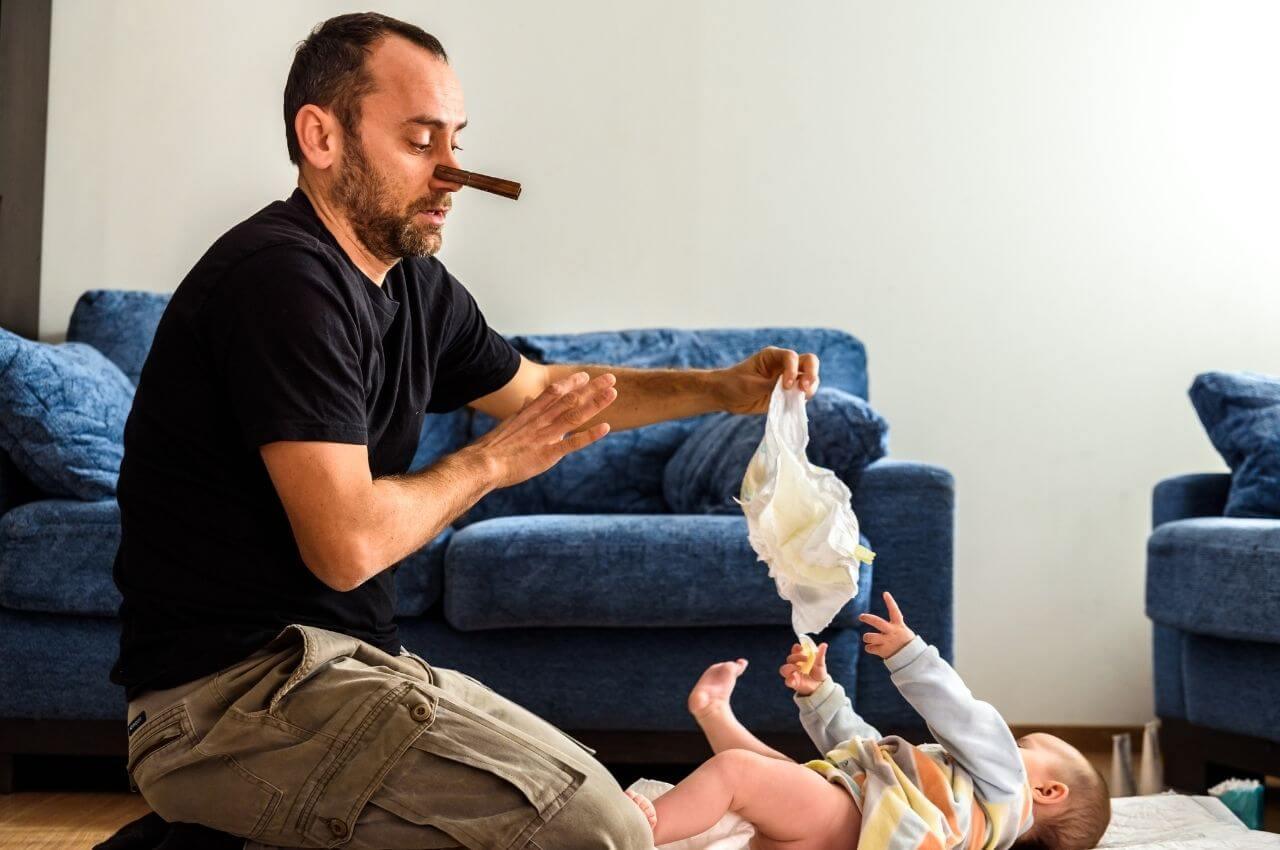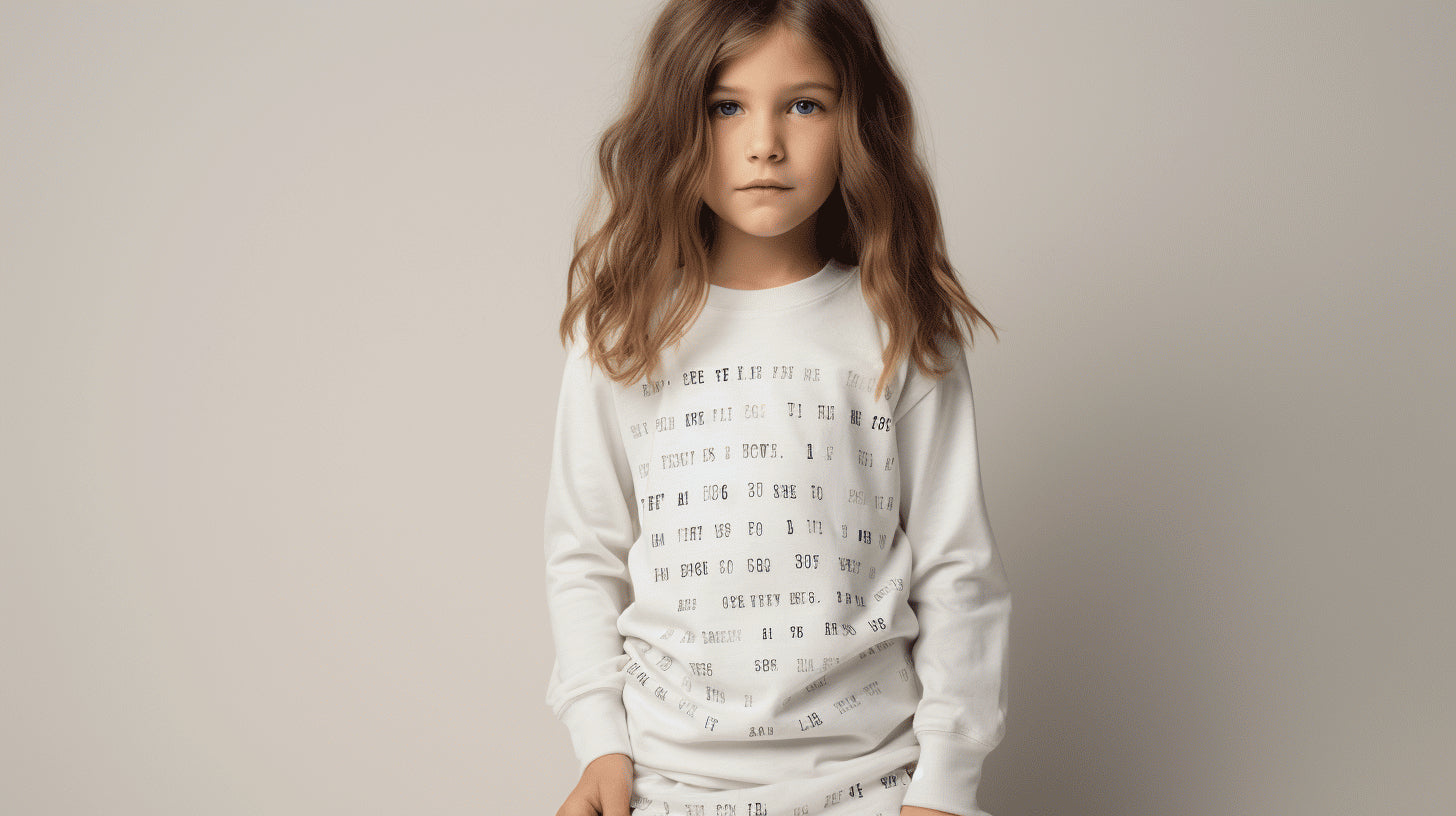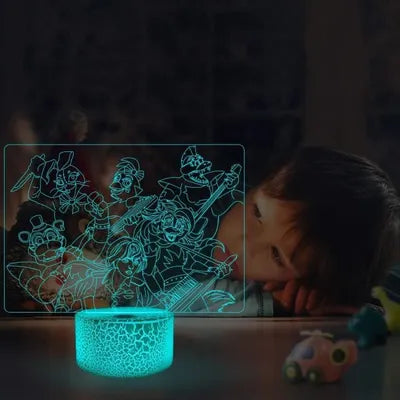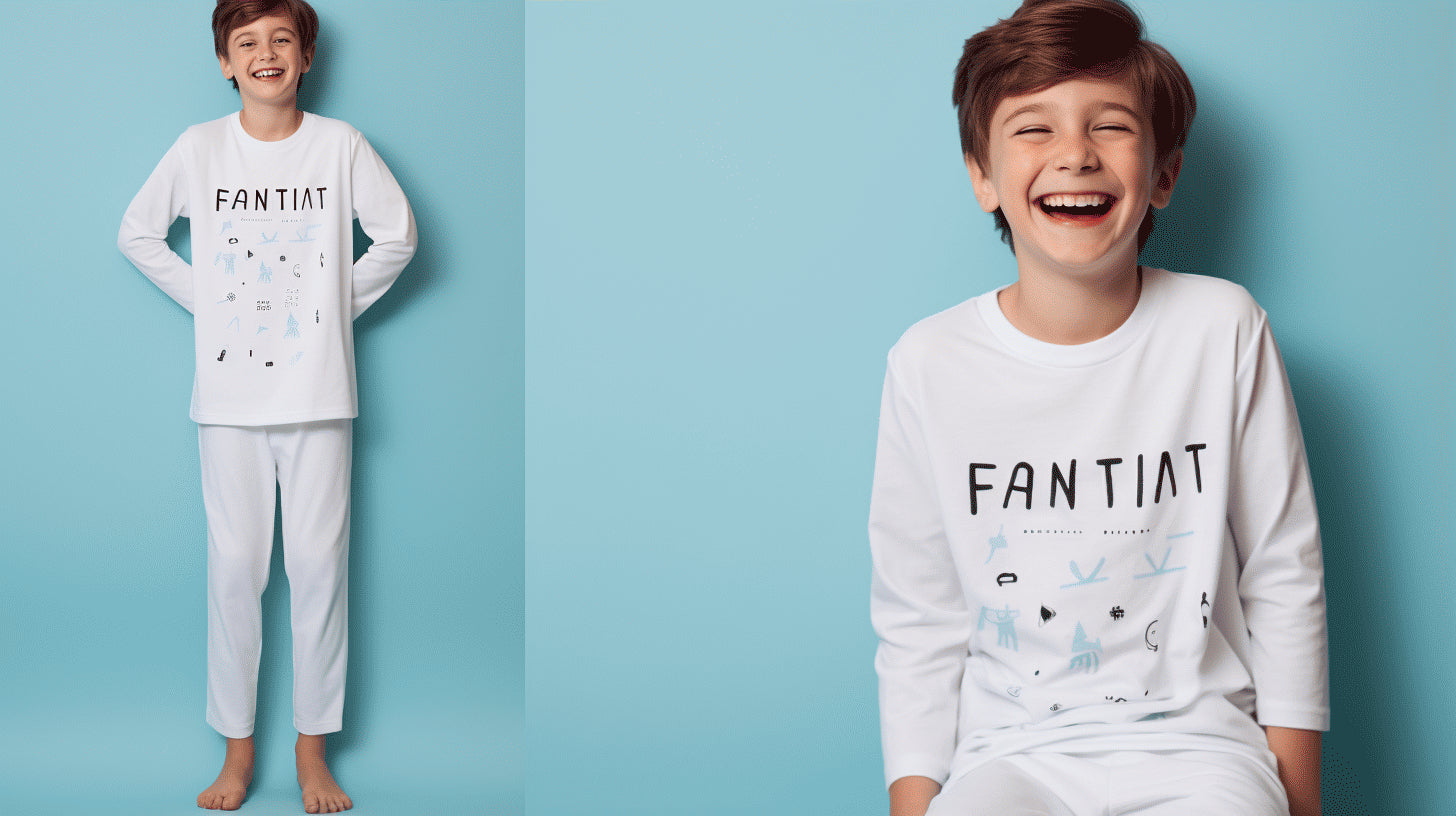Do you notice excess watery poo in your baby's diaper? Discover the causes of these discharges and how to stop diarrhea in babies quickly.
It is common for a baby's stool to be loose and watery, especially in the first few months of life. However, if your baby has diarrhea, chances are you will notice it because the stool is watery . When a baby has diarrhoea, he may also have a fever or not want to feed. Find out what could be causing your baby's loose stools and how to get rid of them easily.
How do I know if my baby has diarrhoea?
Bottle-fed babies tend to have brownish stools , while breastfed babies have loose, yellow, and dry stools . So how to tell the difference to know if baby has diarrhea or not? Start by looking at stool frequency, not just texture.
It is common for a baby to have a bowel movement every time he eats, and even more often when he is very young (less than a month). After a month, the number of dirty diapers should drop to three or four per day, and after two months it should be around one per day or one per week. However, if your baby has diarrhea, he will pass twice as many stools as normal.
Also, baby's diarrhea tends to be watery and usually occurs in large amounts. It can be yellow, green or dark brown. Babies with diarrhea may be fussy and fussy, and they may have difficulty feeding. These side effects can occur whether the baby is bottle fed or breastfed.
Baby Diarrhea: What Causes It?
Diarrhea in babies can be caused by many factors. Here are some of the most common.
Infections caused by viruses.
In children aged 2 and under, rotavirus is the most common cause of diarrhea. Since the introduction of the oral rotavirus vaccine in 2006, the number of children who develop this intestinal infection has decreased significantly. Nevertheless, vaccinated children can still contract rotavirus but they would present milder symptoms and recover more quickly.
Antibiotics.
Antibiotics cause diarrhoea, nausea and stomach aches in about one in ten children. Antibiotics kill the good bacteria in the gut in addition to the bad bacteria, which can cause stomach upset or diarrhea. If you think antibiotics are the cause of your baby's diarrhoea, talk to your doctor before stopping treatment. Antibiotics should not be stopped too quickly as they can cause antibiotic resistance and the return of bacterial infection.
Parasites.
Infants who attend nurseries are more likely to develop giardia, a parasitic intestinal infection. Babies are exposed to this disease when they put toys, food, hands or other objects contaminated with feces in their mouths. The majority of children recover without receiving special care.
Milk allergy.
Breastfed babies can develop allergies to milk proteins found in dairy products consumed by their mothers, and up to 3% of children are allergic to milk proteins found in dairy products, including certain formulas. A child with a milk protein allergy may vomit, have hives and diarrhea. Your pediatrician may prescribe a special formula if your child is allergic to milk protein. Nursing mothers should avoid dairy products and foods containing milk protein.
Treatments for diarrhea in babies
Since diarrhea is the body's natural way of eliminating germs, it is best to let the illness run its course without taking medication. Many doctors say that antidiarrheal drugs should never be given to an infant. Instead, use these tips to soothe your child's distress.
Make sure baby is well hydrated.
Infants with diarrhea are especially vulnerable to dehydration because their small bodies lose fluids at a faster rate than older children or adults. Since your baby is losing water and may not be eating as often due to diarrhea, you can breastfeed or bottle feed more often, along with a pediatric oral rehydration drink if your doctor sees fit. Only change formula with your doctor's permission and stop giving fruit juices. Sugary drinks, such as fruit juice, can make diarrhea worse. This is because some children have difficulty digesting sugars.
Serve balanced foods.
Babies who eat solid foods will continue to eat their daily foods. There is no evidence that the English BRAT diet for Bananas, Rice, Applesauce and Toast (bananas, rice, applesauce and toast), which is widely prescribed for people with intestinal problems, is effective. It also lacks protein.
To replace the missing sodium, doctors now prescribe lean meats like chicken, as well as higher-starch foods like oatmeal, wholegrain pasta, and crackers, as well as pretzels and small crackers. Probiotics found in yogurts or available as oral drops can help restore healthy bacteria in the digestive tract.
Keep the buttocks healthy.
Skin discomfort and diaper rash ( skin inflammation caused by prolonged contact of the baby's skin with a diaper soiled with stool) can be caused by acid in diarrhea, constantly soiled diapers and diapers. regular wipes. It is recommended that you change your baby's diapers regularly, instead of using wipes. Use a soft washcloth and warm water and pat or air dry your baby's bottom.
At each change, apply a thick layer of diaper ointment or another moisture barrier, such as petroleum jelly or zinc oxide. If the rash does not improve or gets worse after a few days, contact your doctor. This is usually the start of a yeast infection, which can be treated with a prescription or over-the-counter antifungal cream.
When should you see a doctor?
Does your child have yellow watery diarrhea, green diarrhea, brown diarrhea, or a combination of the three? These stools can last between five and fourteen days, depending on the cause. If your child has any of the symptoms listed below, you should contact your pediatrician.
- Signs of dehydration (hollow fontanel), few wet diapers, dry eyes when crying, dry mouth, sunken eyes or lethargy).
- Three or more diarrheal stools with mucus or bad odor (for infants one month old or younger)
- Stools containing blood
- Severe diarrhea during antibiotic treatment
- Anxiety (above 38°C for babies under 3 months; above 38.9°C for children 3 months to 12 months)









